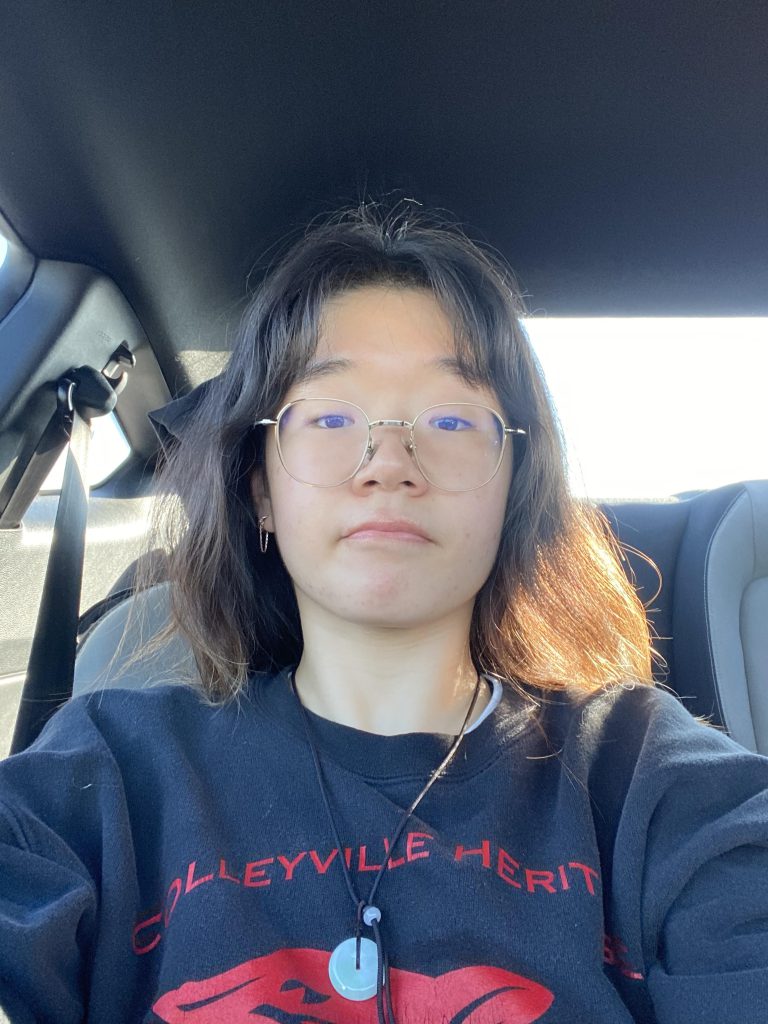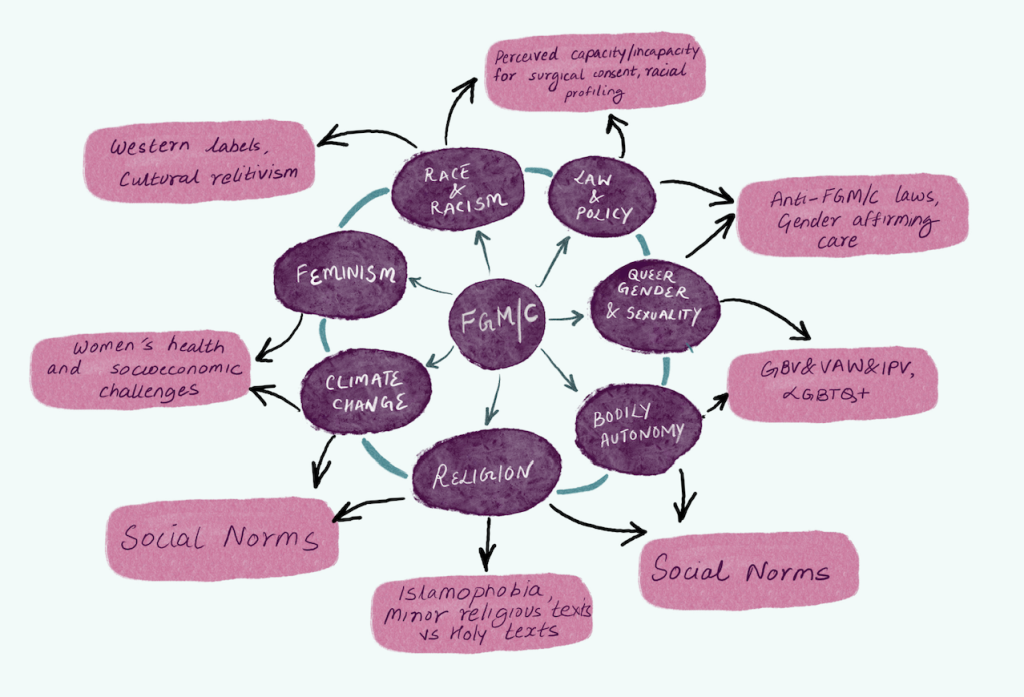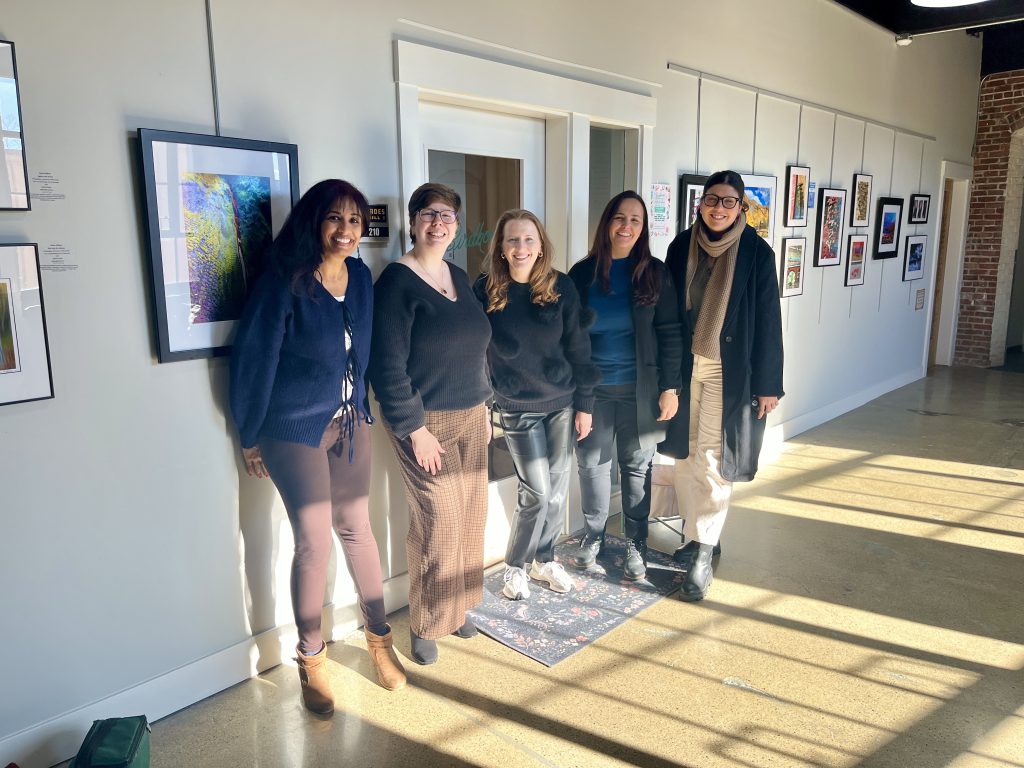Intern Spotlight: Fundraising & Auction Intern Lisa Zhu

Lisa is currently a high school student at Colleyville Heritage High School in Dallas, Texas. At school, she participates in DECA business competitions, fundraises for the Asian Food and Culture Club, and likes physics and math. In her spare time, she enjoys figure skating, spending time with her family, and reading. Lisa hopes to make a positive impact on her community regardless of the career path she takes. She is excited to help make positive change for women all around the world through this opportunity with Sahiyo. When and how did you first get involved with Sahiyo? When I first discovered the internship position, I was immediately drawn to Sahiyo’s mission. At that time, I had never heard of female genital mutilation/cutting (FGM/C), but as I read more about it on Sahiyo’s website, I became deeply troubled by this form of gender-based violence. I was especially shocked to learn that FGM/C affects girls of my age in the U.S. I felt compelled to contribute to the efforts to end this issue, and this internship provided the perfect opportunity to do so. At the time I applied for this position, I was still exploring potential career paths. I wasn’t sure which direction to take yet, so this internship presented a unique opportunity to gain hands-on experience in the nonprofit sector while aligning my work with a cause I felt passionate about. I saw this role as a way to not only contribute to a mission I believe in, but also to explore the field of social justice and advocacy, which has become a growing interest of mine. What does your work with Sahiyo involve? As a Fundraising & Auction intern, I assist in finding funding opportunities to support Sahiyo’s programs. One aspect of my work involves conducting research to find relevant grants for Sahiyo and drafting grant applications. Over the past couple of months, I’ve had the chance to develop my grant writing skills by working on smaller grants, and I am now gaining experience in completing more complex, larger-scale grants. Additionally, I actively solicit donations for Saiyo’s annual Silent Auction, curating compelling travel packages to attract contributions from generous donors. How has your involvement with Sahiyo impacted your life? As someone with no personal connection to FGM/C, I initially questioned whether I had a place in this movement. Additionally, as a high school student, I felt under qualified to make real, impactful change alongside experienced adults. I was anxious my age and lack of knowledge of FGM/C would prevent me from being able to contribute meaningfully to a global cause. However, I quickly discovered that the community working to end FGM/C is open-minded and welcoming to anyone who shares the common goal of addressing this critical issue. My peers on the Development team, seminar panelists, and other members of the community have consistently been responsive to my questions—whether about FGM/C, activism more broadly, or professional development. Their patience has shown me that, regardless of the fact that I’m a young person without extensive experience in a professional setting, the community will help you if you’re willing to learn about FGM/C and put in effort to end it. Regardless of the career path I ultimately pursue, the work environment I’ve experienced at Sahiyo has provided a valuable example of a compassionate yet results-driven workplace. Moreover, my enhanced understanding of gender-based injustice, both globally and domestically, has equipped me to prioritize inclusivity and cultural awareness in any field. I now feel confident that I can contribute meaningfully to social justice work, and this experience has reinforced my commitment to advocating for marginalized communities, no matter where my career takes me. What words of wisdom would you like to share with others who may be interested in supporting Sahiyo and the movement against FGC? If you’re on the fence about volunteering, interning, or working with others in this movement to end FGM/C because of a lack of skills, personal connection, or any other reason, please know that everyone in the community is more than willing to teach, support, and collaborate with you. Whether you’re just beginning to learn about FGM/C or you’re already well-versed in the issue, your willingness to engage, ask questions, and put in the effort to make a difference is what truly matters. The most important step is taking that initial leap to get involved—and once you do, you’ll find a community that is eager to welcome you, teach you, and work alongside you to make a real impact.
Critical Intersections Research Shifts Towards Implementation of Findings in Technical Assistance Trainings

By: Rachel Wine This month, Sahiyo led two trainings to expand the impact of the findings of our Critical Intersections Research Project within the greater gender-based violence (GBV) sphere. While FGM/C is widely considered a form of GBV, research has indicated that anti-FGM/C work largely exists in a vacuum, and is not often incorporated into mainstream GBV work. To create change, Sahiyo created training that could introduce the importance of building collaborative relationships based on understanding the intersectionality of our siloed issues. Our first training, Critical Intersections: Anti-Racism and FGM/C, requested by ICASA, took place on January 14. Research findings indicated a need to better understand the racialization of FGM/C and associated discrimination to create stronger systems of care for individuals impacted by FGM/C within the U.S. To address these gaps, we uplifted findings that spoke to how FGM/C is impacted by race and racism in both its continuation in generation after generation and when it comes to advocates working to address FGM/C within the field. We also discussed recommendations from our research that can support organizations to adapt and incorporate anti-racist approaches when it comes to addressing FGM/C. The second training, Addressing Intersectionality: Fostering Collaboration in FGM/C and GBV Work, requested by AshaKiran was held on January 16. The presentation focused on identifying how and in what ways FGM/C is showing up in the U.S. and how populations are impacted by it, and illustrated findings that spoke to the need to build capacity for collaboration on FGM/C work within various GBV organizations. The training also shared existing models where intersectional collaborations have proven successful when it comes to addressing the larger topic of what perpetuates gender-based violence (regardless of whether we are speaking about FGM/C, domestic violence, sexual assault, and so forth). If your organization is interested in hosting a Critical Intersections Technical Training, please email Sahiyo’s Research Coordinator rachel@sahiyo.org.
Kicking off our Massachusetts Community Health & Healthy Aging Project to build a state-wide coalition addressing FGM/C

Last month, we hosted our first meeting for the Massachusetts Community Healthy and Healthy Aging project. The meeting, which took place at Birdhouse in Amesbury Massachusetts, marked the beginning of a collaboration between Sahiyo, The US End FGM/C Network, and UMass Chan Medical School, and was held to discuss project aims, goals, and timeline for the first year of project implementation. Through the funding provided by The Massachusetts Community Health and Healthy Aging project, our team will work towards building a comprehensive network of stakeholders and service providers who can implement a coordinated, systems-based approach to addressing FGM/C over the course of five years. Our goal is to improve health outcomes for survivors of FGM/C, with a special focus on survivors who are people of color. Additionally, we will work to prevent FGM/C among future generations by increasing resources to overcome obstacles we often face, such as lack of awareness among service providers regarding FGM/C. Along with our partner organizations we’re grateful to The Massachusetts Community Health and Healthy Aging Funds for their support of this critical issue. To learn more about this project, please visit: https://mahealthfunds.org/
